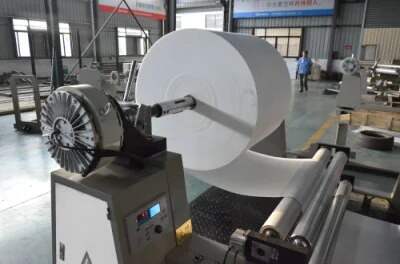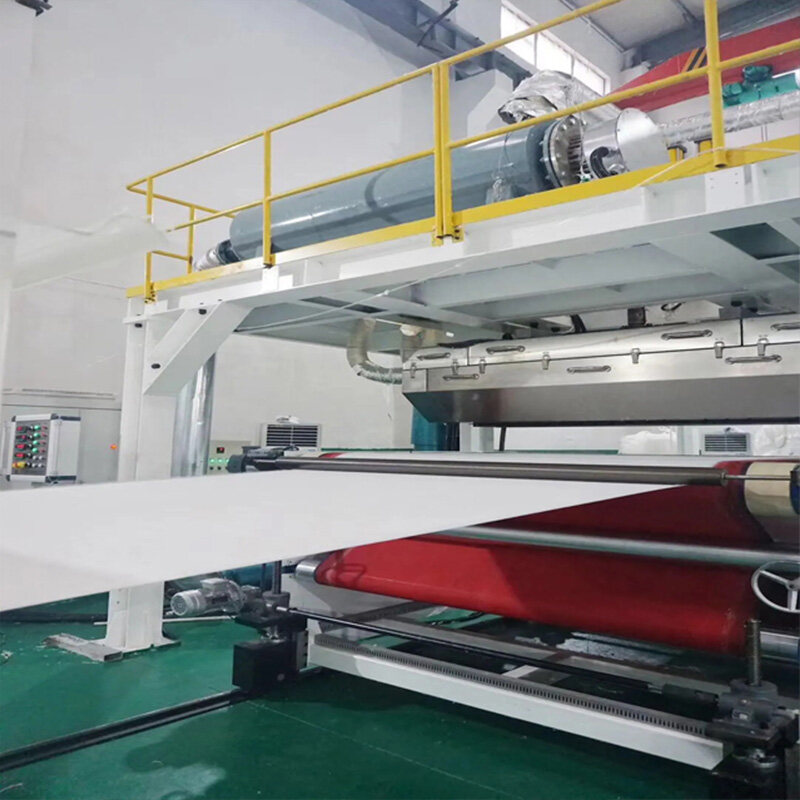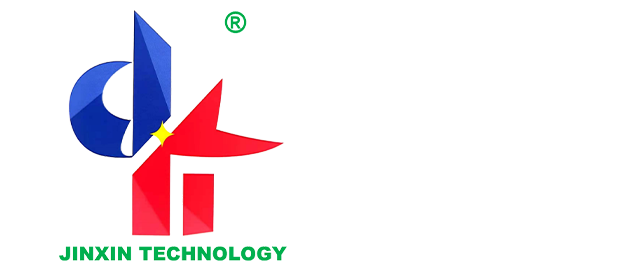重置帐户密码
对于帐户
6-20 个字符(仅限字母加数字)
密码不一致
重置成功
您的密码已重置。您可以使用新密码登录。
登录


The World of Non-Woven Fabric Machines
2025-02-17 10:48:31
If you've ever wondered how the versatile non-woven fabrics we use in everyday products are made, you're in for a treat. Non-woven fabric machines are the unsung heroes behind everything from medical gowns to baby diapers. In this article, we'll dive deep into the fascinating world of non-woven fabric machines, exploring their applications, market trends, and why they're so crucial in modern manufacturing.
What Are Non-Woven Fabric Machines?
Non-woven fabric machines are specialized pieces of equipment designed to produce non-woven fabrics. These fabrics are created by bonding fibers together through processes like web formation, bonding, and finishing. Unlike traditional woven fabrics, non-woven materials offer unique properties such as high tensile strength, breathability, and water resistance. They are incredibly versatile and used in industries ranging from healthcare and automotive to construction and agriculture.

Key Applications of Non-Woven Fabric Machines
Healthcare
Non-woven fabrics are a game-changer in the medical field. They are used to create surgical gowns, masks, and protective equipment that are both durable and breathable. During the COVID-19 pandemic, the demand for these materials surged, highlighting their importance in healthcare. For example, SMMS (Spunmelt) machines, which combine spunbond and meltblown techniques, are particularly popular for producing medical-grade fabrics.
Personal Care and Hygiene
In the world of personal care, non-woven fabrics are used for products like diapers, feminine hygiene pads, and wipes. These fabrics are soft, absorbent, and comfortable against the skin. The growing awareness of hygiene and convenience, especially in developing economies like China and India, is driving the demand for high-quality non-woven fabrics.
Automotive and Construction
Non-woven fabrics are also used in automotive interiors and construction materials. They provide insulation, soundproofing, and durability, making them ideal for applications like car seat covers and geotextiles. The ability to customize these fabrics for specific properties (like flame resistance or UV protection) makes them versatile across industries.
Market Trends and Innovations
Technological Advancements
The non-woven fabric machine market is rapidly evolving with continuous advancements in technology. Modern machines offer improved automation, increased production efficiency, and enhanced product quality. For example, SMMS machines from manufacturers like Guanlong integrate intelligent electrical control systems and advanced AC frequency-modulated speed, allowing for precise production.
Sustainability and Eco-Friendly Practices
With growing environmental concerns, manufacturers are focusing on sustainable practices. Non-woven fabrics can now be made from bio-based or recycled polymers, reducing their environmental impact. This shift towards eco-friendly materials is not only good for the planet but also meets the increasing consumer demand for sustainable products.
Customization and Flexibility
Modern non-woven fabric machines are designed to be flexible, allowing manufacturers to produce customized fabrics with specific properties, colors, and patterns. This adaptability is crucial in meeting the diverse needs of various industries and consumer preferences.
China's Role in Non-Woven Fabric Machines
China has emerged as a global leader in the non-woven fabric machine industry. Manufacturers like Guanlong have been providing high-tech solutions for over a decade, combining advanced technology with customer-specific needs. These machines are not only efficient but also cost-effective, making them accessible to a wide range of businesses.
A Visit to a Non-Woven Fabric Factory
I once had the opportunity to visit a non-woven fabric factory in China. The first thing that struck me was the sheer scale of the operation. Rows of SMMS machines were producing rolls of fabric at an incredible speed. The factory manager explained how these machines could be customized to produce fabrics with different properties, from ultra-fine meltblown fibers for masks to durable spunbond materials for automotive interiors.
One of the most impressive aspects was the integration of automation and digital controls. The factory used IoT technology to monitor machine performance in real-time, reducing downtime and improving efficiency. It was clear that the future of non-woven fabric production lies in these advanced, flexible machines.
Choosing the Right Non-Woven Fabric Machine
When selecting a non-woven fabric machine, consider your specific needs. If you're in the hygiene industry, an SMMS machine might be ideal for its ability to produce soft, absorbent fabrics. For construction or automotive applications, needle punch machines might be more suitable. Additionally, look for manufacturers that offer customization and after-sales support. Companies like Guanlong provide comprehensive solutions, from machine installation to ongoing maintenance.
Future Outlook
The non-woven fabric machine market is poised for steady growth in the coming years. The increasing adoption of non-woven fabrics across industries, coupled with technological advancements, will drive market expansion. Emerging markets, in particular, offer significant opportunities for manufacturers looking to tap into new customer segments.
Conclusion
Non-woven fabric machines are essential tools in modern manufacturing, offering versatility, efficiency, and sustainability. Whether you're producing medical supplies, hygiene products, or automotive materials, these machines can help you meet your production goals. As technology continues to advance and sustainability becomes a priority, the future looks bright for non-woven fabric machines. If you're considering investing in one, look no further than reputable manufacturers like Jinxin, who offer high-quality, customizable solutions.
联系我们

